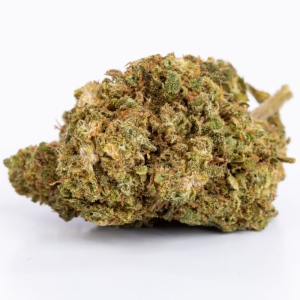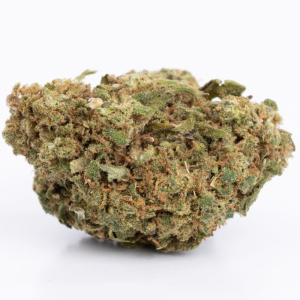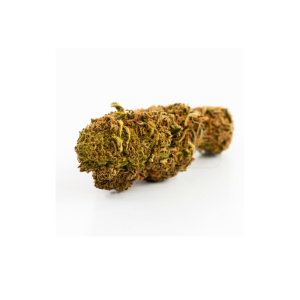What is psychopathy?
Psychopathy is a personality disorder characterized by a lack of empathy, guilt and remorse. People who suffer from this pathology often exhibit antisocial, impulsive and manipulative behaviors.
Studies show that psychopathy is linked to brain abnormalities, particularly in the amygdala and prefrontal cortex. This disorder is often diagnosed using the Hare Scale, an assessment method that measures different psychopathic traits.
Through its soothing and anxiolytic properties, cannabidiol (CBD) and other cannabinoids from the hemp plant such as CBG, CBN and CBC seem to stabilize the condition of patients with psychopathy .
CBD and modulation of the endocannabinoid system
An article in the Journal of Neuropsychiatry explored the effects of CBD on endogenous cannabinoid levels in individuals with psychopathic traits.
The results suggest that CBD could adjust these usually disturbed levels and thus contribute to the reduction of certain psychopathic aspects. Also, CBD exerts a neuroprotective action by inhibiting the enzymes cyclooxygenase and lipoxygenase, which which reduces inflammation and preserves neurons.
CBD: proven anxiolytic and anti-stress effects
The anxiolytic and anti-stress properties of CBD, proven by dozens of scientific studies, are particularly beneficial for individuals with psychopathic traits who often experience high levels of anxiety and stress.
A research published in Translational Psychiatry showed that CBD significantly reduces anxiety in subjects suffering from anxiety disorders.
This effect could be attributed to the influence of CBD on serotonin (5-HT1A) receptors and to its anti-inflammatory potential, significantly higher than that of acetylsalicylic acid, commonly used in medicines.
CBD: neuroprotective and regenerative potential
Some aspects of psychopathy are linked to neurological dysfunctions. In this context, CBD has revealed neuroprotective and regenerative propertieswhich promote neurogenesis and the preservation of brain cells.
scientists Hannah Meissner and Marco Cascella point out that CBD acts as a partial receptor agonist serotonin and allosteric modulator of opioid receptors, hence its neurological action.
Moreover, CBD could influence the intracellular release of calcium through the activation of PPAR-γ receptors, which further strengthens its neuroprotective effects.
Linked to these mechanisms, a recent study on the use of CBD in patients suffering from various forms of epilepsy, including Lennox-Gastaut and Dravet syndromes, refractory to traditional treatments, observed a reduction in the intensity and frequency of seizures in participants who were administered CBD oil.















